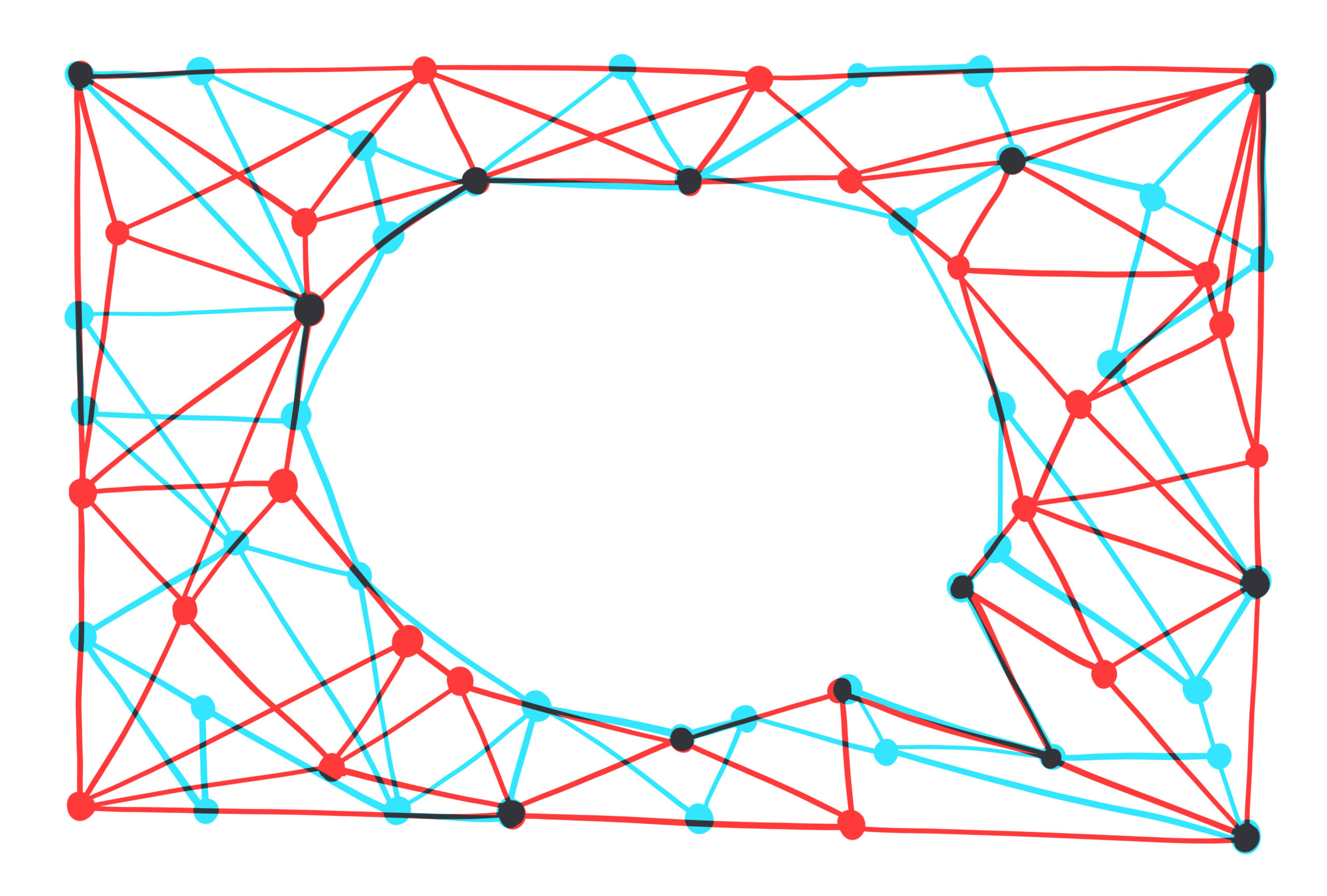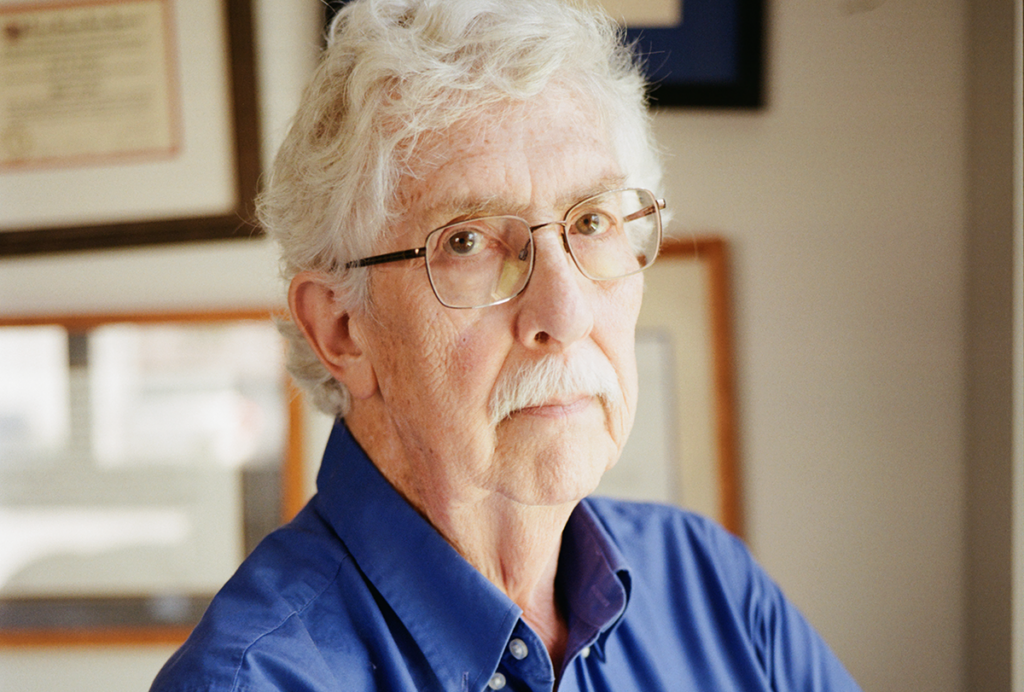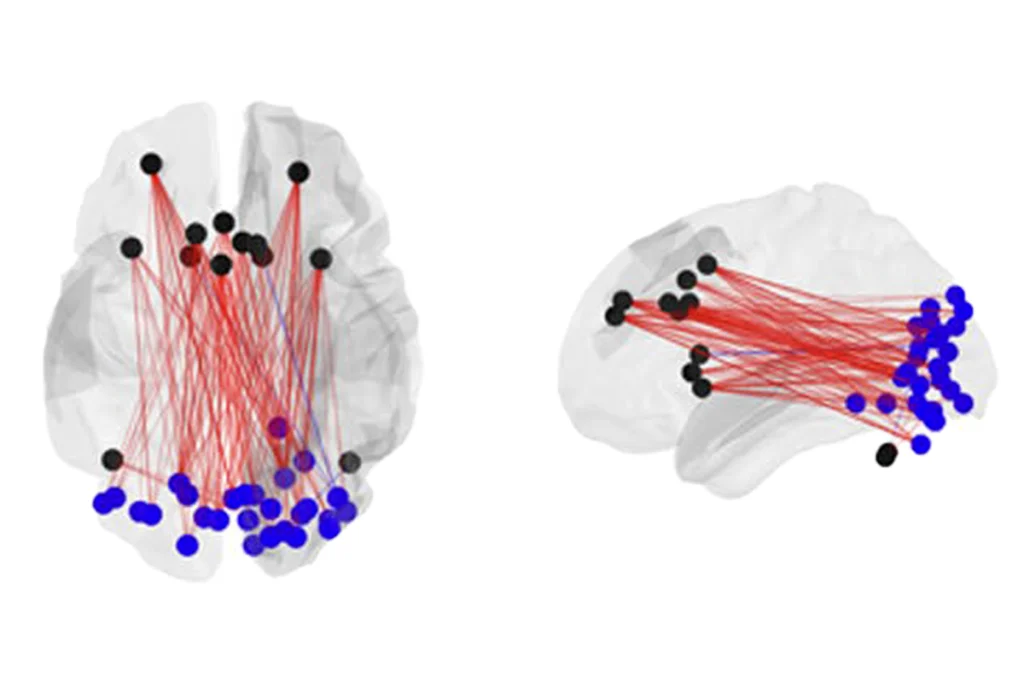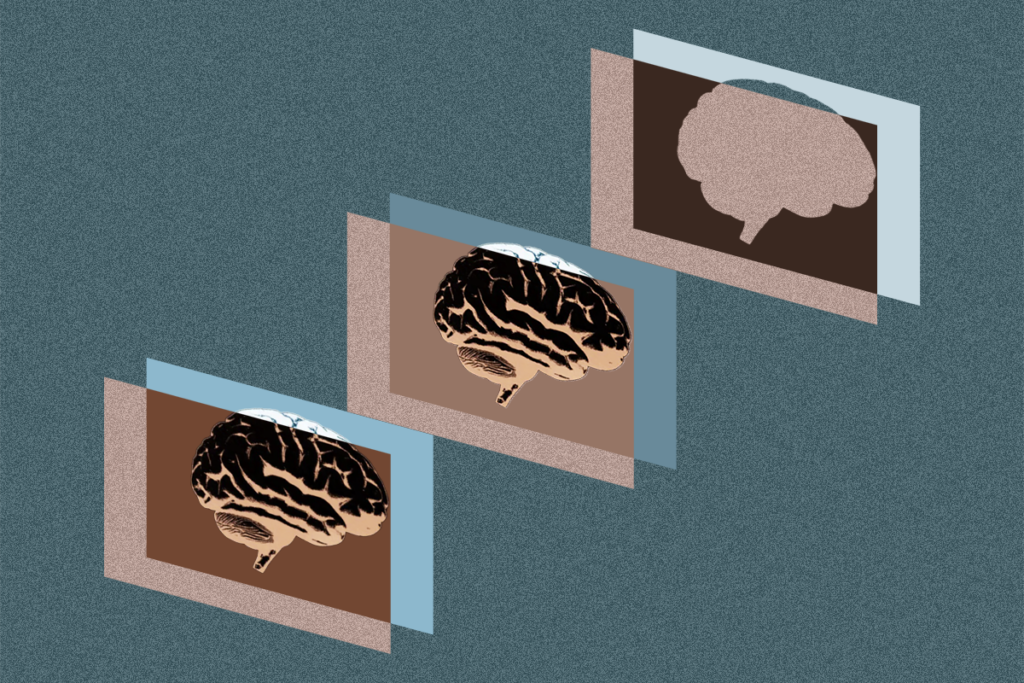Welcome to April and #AutismAcceptanceMonth.
The cover of Science on Friday hailed a milestone years in the making: The Telomere-to-Telomere Consortium has at last filled in nearly all of the gaps from the original Human Genome Project, adding about 200 megabases of genetic information, more than 1,900 genes and a complete sequence for the Y chromosome.
To mark the occasion, Evan Eichler, professor of genome sciences at the University of Washington in Seattle, tweeted for the first time ever, noting that the project, which involved more than 100 researchers, had been a “wonderful collaborative team effort.”
It took 20+ years but we finally finished a human genome. What a wonderful collaborative team effort! #T2T (my first tweet)
— Evan Eichler (@EichlerEE) March 31, 2022
“Congratulations!” tweeted Claudia Gonzaga-Jauregui, assistant professor of genetics at the National Autonomous University of Mexico in Mexico City, calling the results an “awesome resource” — and noting that Eichler’s tweet comes nearly a decade after he created an account.
Congratulations! Great achievement and awesome resource for the human genomics community. (You’ve had Twitter since 2013?!)
— Claudia Gonzaga-Jauregui (@cgonzagaj) April 1, 2022
Simon Barnett, a genomics analyst at ARK Investment Management in St. Petersburg, Florida, joked that Eichler had “set a new bar for first tweets.”
You’ve set a new bar for first tweets! Congratulations!
— Simon Barnett (@sbarnettARK) March 31, 2022
“Welcome to the dark side!” Jonathan Sebat, professor of psychiatry and cellular and molecular medicine at the University of California, San Diego, chimed in.
Welcome to the dark side! https://t.co/SN1UCTVX0w
— Jonathan Sebat (@sebatlab) March 31, 2022
Over in the realm of autism-specific genetics, Daniel Weiner, a graduate student at Harvard University working in Elise Robinson’s laboratory, issued a 14-tweet thread about their new preprint that finds functional convergence of common and rare genetic variants linked to autism around the chromosomal region 16p11.2.
Excited to share our latest work!!
We uncover functional convergence of common+rare genetic risk factors for autism around 16p11.2, a region of longstanding mystery in neuropsych research ????
???? ???? (1/14)https://t.co/W0vUbFFHYG
— Dan Weiner (@danweiner92) March 24, 2022
Both common and rare risk factors “converge on decreased gene expression” across 16p, “facilitated by 3D genome architecture,” he writes.
In summary:
Hypothesized a model of ASD liability arising from 16p:
Distinct genetic risk factors – common 16p ASD PRS / rare 16p11.2 CNV – converge on decreased gene expression in region of increased brain relevance, facilitated by 3D genome architecture (10/14) pic.twitter.com/HXqqz2Zo8X
— Dan Weiner (@danweiner92) March 24, 2022
“This was the most fun,” tweeted Robinson, assistant professor of epidemiology at the Harvard University, asking for feedback.
This was the most fun. Check out the paper – we’d be excited to hear your ideas. https://t.co/XpNrmQ2AJx
— Elise Robinson (@elisebrobinson) March 24, 2022
The Policy Impact Project — launched by Lindsay Shea, director of the Policy and Analytics Center at Drexel University in Philadelphia, Pennsylvania, to link autism research to policy change — tweeted about its upcoming “power lunch” for autism researchers. The webinar, scheduled for 13 April from noon to 1 p.m. EST, will discuss how to avoid ableist language.
Our next Policy Power Lunch will feature the authors of Avoiding Ableist Language: Suggestions for Autism Researchers. @KristenBott, @drstevenkapp, @NinaLester, @Noahsasson & @BN_Hand
Click here to register and to learn more about the panelists: https://t.co/0fz6UMOddq https://t.co/s3nItNgoFv
— Policy Impact Project (@impact_policy) March 28, 2022
That’s it for this week’s Community Newsletter! If you have any suggestions for interesting social posts you saw in the autism research sphere, feel free to send an email to [email protected].




